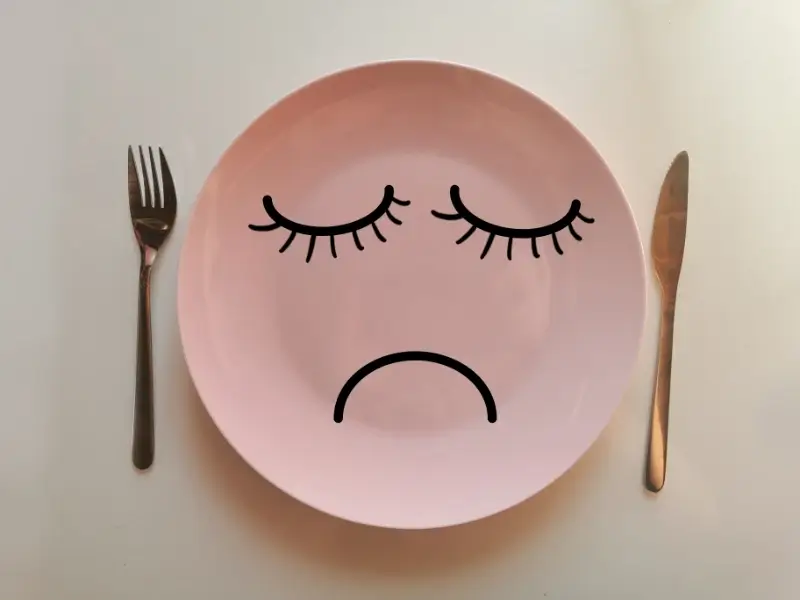Depression knows no age. Like many health problems, it can affect anyone, at any age group.
The number of children who struggle with depression has increased over time. According to the Anxiety and Depression Association of America, around 3% of children ages 6 to 12 may develop serious depression. The Centers for Disease Control and Prevention stated that depression is one of the most commonly diagnosed mental disorders in children affecting 3.2% of children aged 3-17 years (approximately 1.9 million).
If you are worried that your child may be depressed, you need to know the signs and symptoms of childhood depression.
Understanding Depression in Children
Over the course of their youth, children go through tremendous growth and change but recent societal changes may be to blame for the rise in the numbers of depressed children.
These days, kids are no longer active and are not getting the exercise they need. Parents are now scared to let their kids get out to play because of suspicion of others that going out to play is not always safe.
Social media is another issue affecting the youth today. Aside from making bullying particularly easy, it can put tremendous stress on a child’s developing self-image.
Signs and Symptoms of Childhood Depression
Many kids experience the feeling of extreme sadness or loneliness but that does not mean they are depressed. They get everyday “blues” as they develop but this is different from childhood depression.
Depression in children is persistent sadness and hopelessness. When it occurs, the child feels helpless, alone and worthless. This unending sadness interferes every part of the child’s life including school and relationships.
Here are some signs and symptoms of childhood depression.
- Fatigue and low energy
- Irritability
- Impaired thinking or concentration
- Thoughts of suicide
- Social withdrawal
- Increased sensitivity
- Increased or decreased appetite
- Sleeplessness or excessive sleep
- Feelings of worthlessness
- Vocal outbursts
Early diagnosis can help can make a difference in the lives of children with depression. If you notice these signs and symptoms, it is best to contact a child or adolescent psychiatrist that can evaluate your child and recommend treatment.






